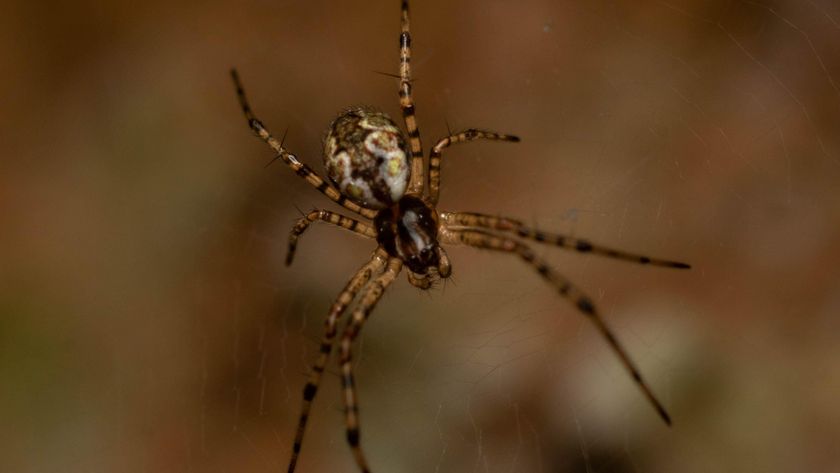Food Allergies More Common in Older Siblings
Older siblings are more likely to suffer from food allergies than their younger brothers and sisters, according to a new study.
Among the study participants, the prevalence of food allergies was 4 percent in firstborn children, 3.5 percent in second-born children, and 2.6 percent in those born later.
Firstborns were also more likely to have allergic rhinitis (an itchy, running nose) and conjunctivitis (inflammation of the eyelids) than their younger siblings. However, birth order did not seem to impact children's susceptibility to asthma or atopic dermatitis (a type of eczema).
Previous studies have shown a link between birth order and vulnerability to allergies, but the new study examined how this effect differs depending on the type of allergy. The study is the first to show this "birth order effect" occurs specifically in food allergies, the researchers say.
The findings are based on surveys of more than 13,000 children ages 7 to 15. The researchers compared the prevalence of each allergy to the children's birth order.
Researchers aren't sure why younger siblings appear to have some protection against allergies compared to older siblings. It may have something to do with changes in the womb or prenatal environment. For instance, multiple pregnancies may cause changes to the mother's immune system, which may affect the fetus, said study researcher Takashi Kusunoki, of the Shiga Medical Center for Children in Shiga, Japan.
The birth order effect may also be tied to the hygiene hypothesis, the idea that an environment that is too clean may cause the immune system to react to harmless substances, and thus lead to allergies. More children in the house means more germs. Younger siblings may be exposed to more pathogens at an earlier age than their elder siblings, Kusunoki told MyHealthNewsDaily.
Sign up for the Live Science daily newsletter now
Get the world’s most fascinating discoveries delivered straight to your inbox.
The survey also asked parents whether their children experienced wheezing, eczema or food allergy before age 1. The researchers saw the same effect — the incidence of food allergies was lower in younger siblings. This suggests the effect may have its origins in the womb, the researchers say.
The findings were presented March 20 at the Annual Meeting of the American Academy of Allergy, Asthma and Immunology in San Francisco.
Pass it on: Older siblings may be more likely to suffer from food allergies and conjunctivitis.
This article was provided by MyHealthNewsDaily, a sister site to LiveScience. Follow MyHealthNewsDaily staff writer Rachael Rettner on Twitter @RachaelRettner.

Rachael is a Live Science contributor, and was a former channel editor and senior writer for Live Science between 2010 and 2022. She has a master's degree in journalism from New York University's Science, Health and Environmental Reporting Program. She also holds a B.S. in molecular biology and an M.S. in biology from the University of California, San Diego. Her work has appeared in Scienceline, The Washington Post and Scientific American.










